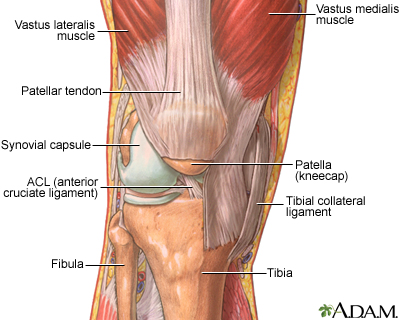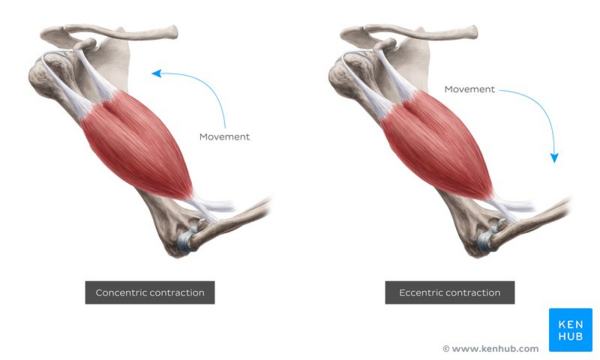
Myositis is a group of diseases characterized by chronic muscle inflammation. Inflammation is a common symptom of these disorders, although the specific cause of each condition is unknown. Inflammatory myopathies, which are often related to the immune system, are the result of a malfunctioning mechanism. The body’s defense system mistakenly attacks the muscle tissue, causing it to weaken and become painful.
Muscle inflammation occurs due to a number of different causes, ranging from genetics to lifestyle. There are many risk factors associated with these diseases, and a genetic predisposition is the most common. Isolated polymyositis is relatively rare and is often mistaken for an autoimmune disease. It is often associated with connective tissue disease, so the symptoms of this condition are similar. Inclusion body myositis is another form of inflammatory myopathy.
Most types of inflammatory myopathies are autoimmune. Their cause is unknown, but several risk factors can increase your risk for developing this condition. Inflammatory myopathies are comparatively rare, affecting 6-8 per 100,000 people. Inflammatory myopathies are asymptomatic, and their symptoms depend on the cause. Some types, such as polymyositis, can be treated with medications or surgery. There are also ways to prevent and treat these diseases.
The symptoms of inflammatory muscle diseases vary greatly and can occur quickly. Some of these muscle disorders are autoimmune, which means the body’s immune system attacks muscle tissues. Fortunately, NYU Langone specialists have vast experience in the diagnosis and treatment of these muscle conditions. Proper diagnosis is crucial for the best management of symptoms and treatment options. Inflammatory myopathies are not life-threatening, but it is important to find out what is causing the pain and weakness.
Inflammatory myopathies are usually considered autoimmune. They can occur in anyone, including children and adults. The most common types are dermatomyositis and polymyositis. The two types are not necessarily related. They are usually related to each other, but they are not the same. The following information will help you determine which type is right for you. Inflammatory myopathies affect tens of millions of people worldwide.

Inflammatory muscle diseases affect both men and women and affect all age groups. Symptoms of acute muscle inflammation may appear within hours or days. Depending on the cause and area of the body, symptoms can become severe and last for weeks or months. Despite these symptoms, treating inflammatory myositis can help relieve pain and restore function. Medicines used to treat these conditions include non-steroidal anti-inflammatory drugs (NSAIDs).
Several types of muscle inflammation can be divided into two categories. Short-term inflammation is the result of an injury that results in redness. Long-term inflammation causes loss of function and a host of other problems. Although acute muscle pain is not life-threatening, it can be caused by an autoimmune disease. Symptoms may include a red rash, muscle pain, a painful or tender patch, and loss of energy.
Inflammatory muscle disease is a form of autoimmune disease. They can affect any age group, race or gender. Acute muscle inflammation can be mild or severe, and the duration depends on the severity of the symptoms. Signs of chronic inflammation may persist for weeks or months. They can be temporary or permanent. Inflammatory myositis can make it difficult for the patient to walk or use their legs.
Inflammatory muscle diseases can affect anyone, from children to adults, men and women. They can affect any muscle in the body and can affect any age group. Symptoms vary from person to person, but they are all characterized by general muscle weakness. Inflammatory myopathies can be caused by certain viruses. However, they are not inherited and can be acquired. These are autoimmune muscle diseases. Therefore, they cannot be treated medically.
The symptoms of inflammatory muscle disease vary from person to person. Some people may have a fever or feel tired. But these symptoms can also be associated with other conditions, such as arthritis. Regardless of the type of inflammatory disease, the symptoms of muscle inflammation are the same in most cases. If you are wondering if you have an autoimmune disease, your doctor will be able to confirm the diagnosis. For more information about muscle disease, visit the website somosmass99.com.mx. If you are experiencing a fever, you should contact your doctor.